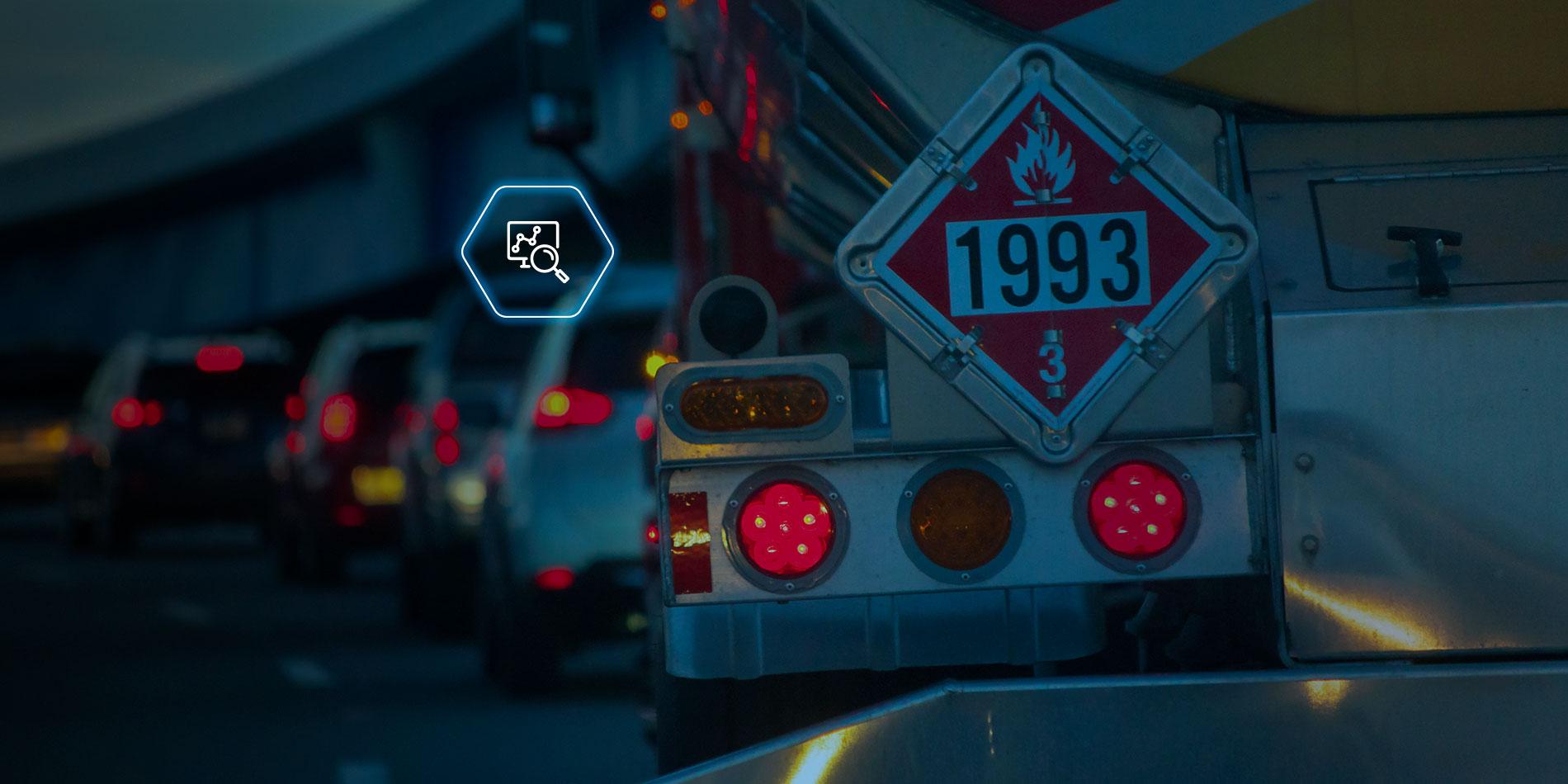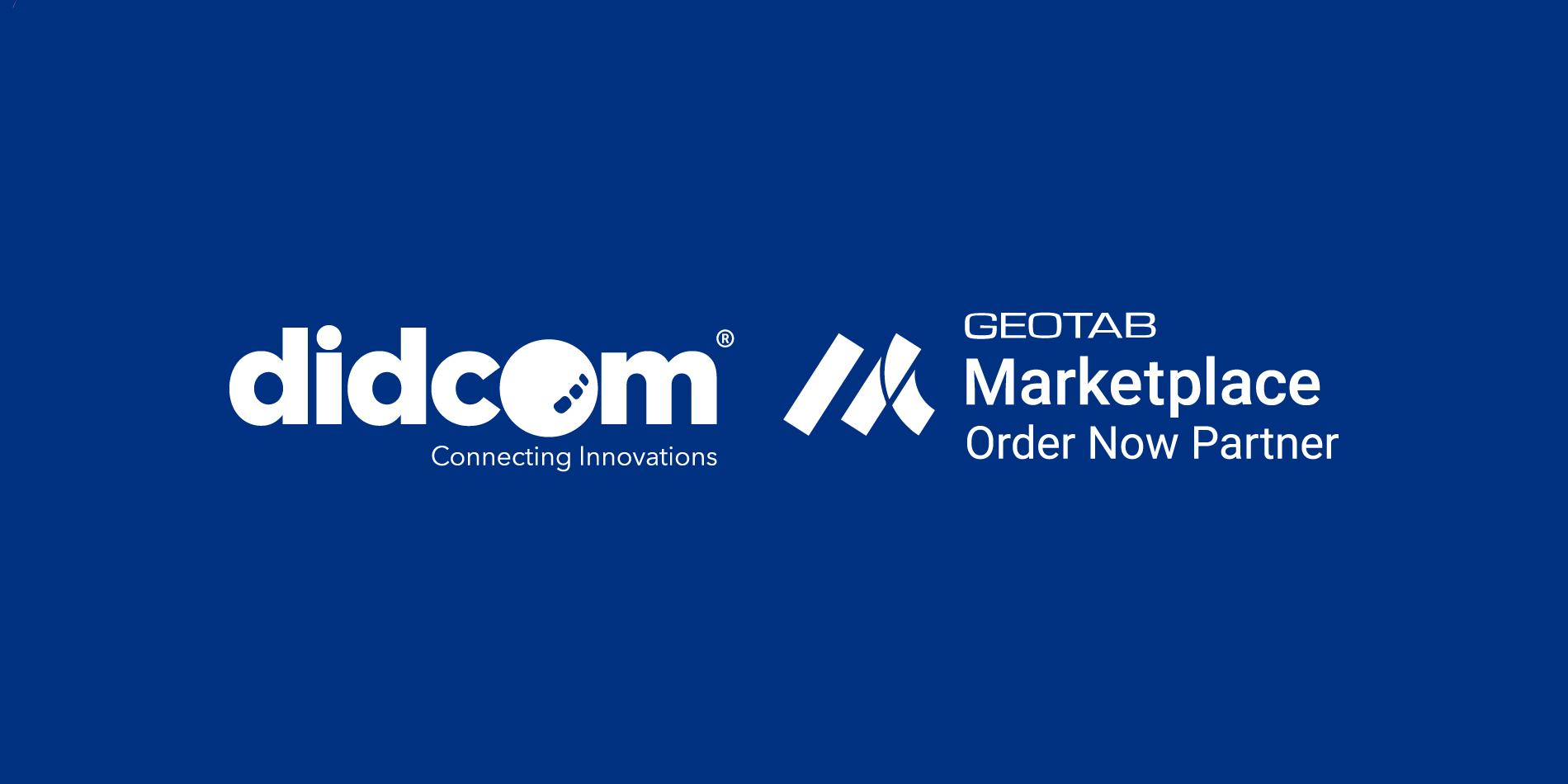The Cargo Fleets traveling empty are the most expensive

Did you know that 80% of Cargo Trucking in Mexico returns with empty cargo?
Cargo Fleets in Mexico make 250,000 trucking trips per day and in 8 out of 10 trips, the vehicle travels back with its cargo empty, this generate the logistic cost impacts an average of 20% on the product’s final price for the consumer, in greta contrast to the 2% that impacts the US market.
In the United States, 36% of trucks in Cargo Fleets circulated without merchandise in 2021 (Truck Net), in Europe the figure is 27% and in Asia it rises to 40% of empty trucks in operations (OECD).

In Argentina, 35% or more of the total distance traveled annually by Cargo Fleets may correspond to trips with empty trucks. For an average intercity truck this could unnecessarily add: 45,000 km, 18,000 fuel litters consumption and emission of 45 tons of CO2 every year (CEDAC).
In the EU, 34,000 million kilometers of “dead distances” were traveled in 2021, 21,2% of the total distance recorded by Cargo Fleets (European Commission).
An empty truck on the road only pollutes the environment
In addition to high consumption of resources that represents high costs for the operation, the empty trailers’ transportation of “dead distances” generate a high pollutant emission, contrary to the vision of sustainable cargo fleets that seeks to reduce the carbon footprint and environmental impact.
If we consider that more than 20% of global greenhouse gas (GHG) emissions come from the Cargo Fleets Industry, it is key to optimize the travels and routes logistics of cargo fleets to make the empty trucks on route operation more efficient and profitable.

The most expensive truck is the one that is not loaded
Day after day, the Cargo Fleets accumulate kilometers and kilometers traveled completely empty, without cargo on board. After a vehicle delivers its cargo to its destination, it is very likely that it will not have a cargo for transport on the way back to its origin, transporting empty containers that do not generate a value for the business.
The Cargo Fleets in Mexico transport little more than 90% of the national cargo in Mexico (AMAVe), making the Cargo Fleets an essential operation for the economy in our country, for which it is key to integrate solutions that allow reaching the maximum taking advantage of its operation for the benefit of companies, end customers and consumers in general.
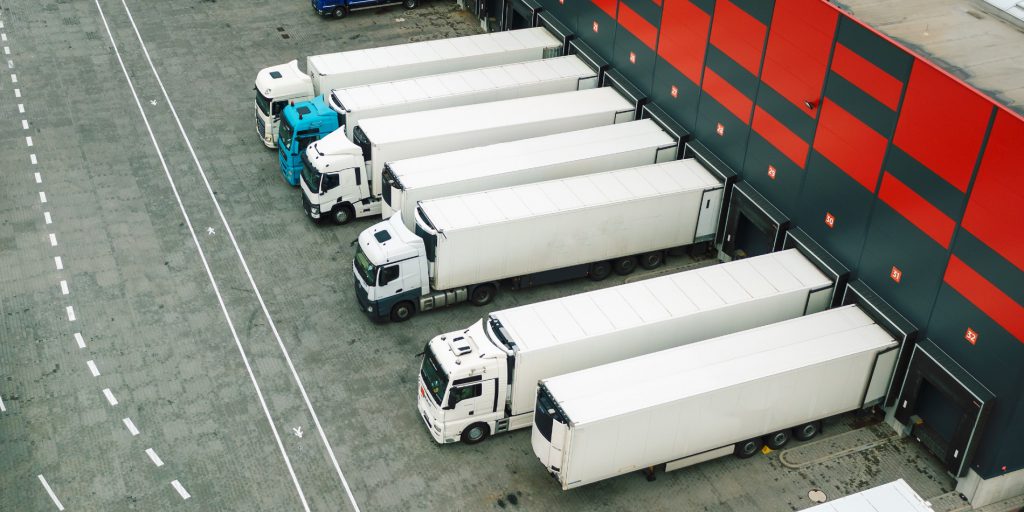
The Efficient Logistics Challenge
The Fleet Manager cannot manage to reduce dead or empty kilometers and generate resource savings with conventional tools for Cargo Fleet Management, a Telematics solution is necessary that supports him to digitize the logistics and processes of his operation to generate a tangible improvement for the business, and at Didcom we are experts in the development and effective integration of these technologies for motor transport.
Trailer Logistics
Integrating a trailer smart inventory gives you the possibility of having the trailer coupled to the right truck, route and time to get the most out of your operation, avoiding coupling errors, trips to wrong destinations and the costs that these errors and deficiencies generate.
We help you reduce the level of complexity and delay in the identification and location of trailers to avoid generating additional trips and ensure that they are loaded with the maximum inventory available for the route and scheduled destinations.
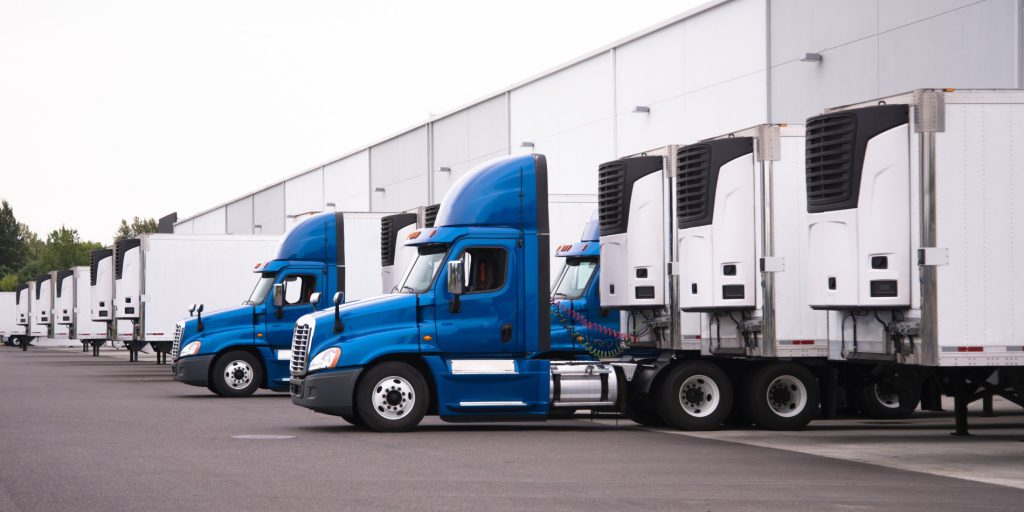
Fleet Efficiency
We help you guarantee the compliance and profitability of your units by sizing the fleet to the needs of your customers, so that you can have the appropriate types of vehicles for the scheduled operation.
Ensuring the availability of the right quantity, cargo volume and types of vehicles is key to boosting efficiency in the operation and guaranteeing maximum productivity and profitability in your fleet.

Route Logistics
Evolving route logistics towards a technological solution integrated in the operation helps to plan the types and number of vehicles, cargo volumes and destinations along each route, to optimize the fulfillment of your fleet and make the most of the vehicles en route. , including scheduling additional trips that may arise.
Our telematic solutions help to evaluate and define the best routes to guarantee maximum productivity, safety and punctuality of the vehicles in your fleet, strengthening compliance and reputation with the end customer.
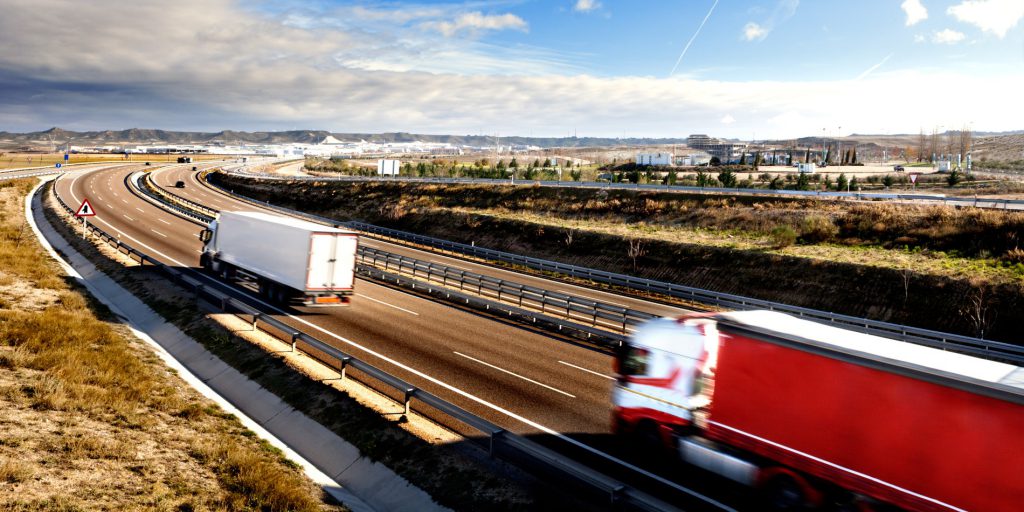
Cold Chain
Refrigerated Cargo Fleets transport perishable goods that require special and detailed supervision to protect and preserve their integrity until their final destination, so having the location and routes planned for cold box vehicles is essential to make the most of its transport qualities.
Perishable goods go beyond just food, pharmaceutical products, flowers, fauna, among others, are loads that require temperature monitoring in their transport. We support you to integrate sensors throughout various areas in the trailer or refrigerated box of the vehicles to carry out a detailed monitoring of the temperature and ensure compliance with the Cold Chain.
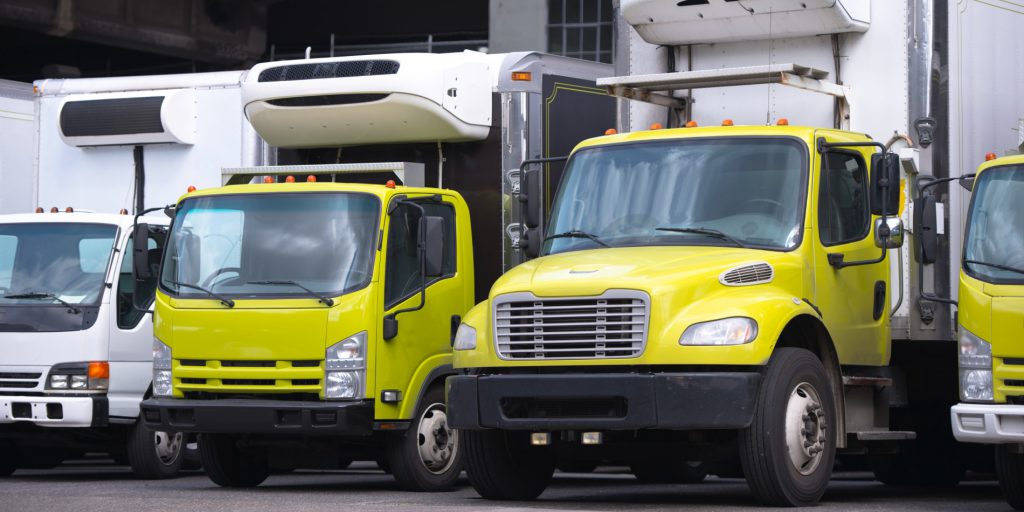
Making the most of the potential of your Automotive Transport Fleet is a totally achievable goal through the integration of the appropriate Telematics Solution, to generate maximum productivity and profitability in your operation, without a doubt, a smart investment to promote the Digital Transformation in your business.
Would you like to operate with fewer empty cargo vehicles? We help you!
Últimos Blogs
Últimas Noticias
Temas de interés



